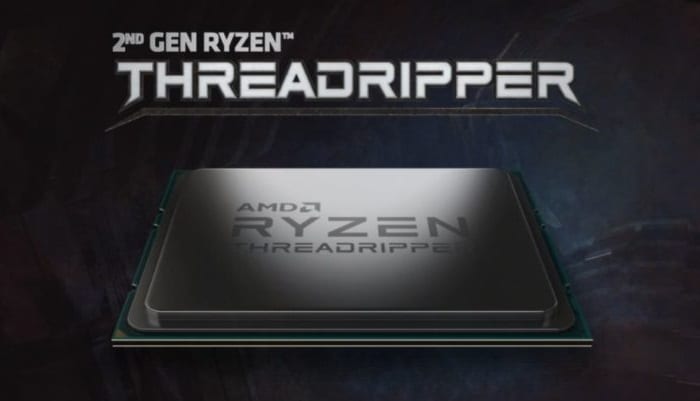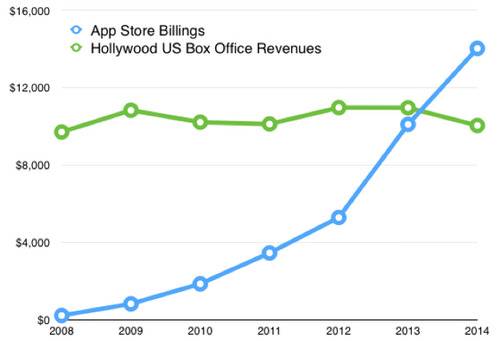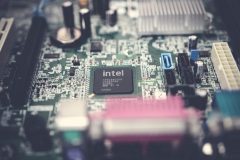Only a day after Intel wowed the crowd at Computex Taipei, with a 28-core processor, AMD has stolen the thunder. The company has gone one better announcing its own 32-core, 64-thread 2nd-gen Threadripper processor, which easily tops what Intel promised. While Intel’s processor is promised to be available in the Q4 of 2018, AMD’s one could hit the market earlier. It’s slated for a Q3 2018 launch.
AMD 32-core processor
The 2nd-gen AMD Threadripper is a high-end processor modeled on the 2nd-gen Ryzen processor, based on the company’s 12nm Zen+ architecture. It’ll be available in multiple versions, with up to 32 CPU cores and 64 threads. That’s twice the core count of the top-end 1st-gen Threadripper, the 1950X, which has 16 cores and 32 threads. The 2nd-gen Threadripper will also reportedly be available in 24 CPU cores.
The Threadripper-2 will also feature some architecture enhancements, and more importantly, will be compatible with the existing TR4 socket. This gives customers with 1st-gen Threadripper compatible motherboards, an easy way to shift to the newer processor. However, with presumably a higher power consumption rate, it’s likely that we’ll see new motherboards for the new CPUs, with some added features.

Intel’s yet unnamed CPU, meanwhile, is a single-socket processor with 28 cores and 56 cores, and running at a massive 5GHz across all cores. That’s a 10-core, 20-thread jump from its current most powerful processor, the Core i9-7980XE, which has 18 cores and 36 threads. The new Intel processor was destined to be the most powerful CPU ever, until AMD came along a day later.
Intel have now lost the core war, at least for the time being, with AMD all set to have a four-core advantage. However, the company does have a big advantage in frequency, with its 28-core processor reaching 5GHz across all cores. This might help the Intel make up for the four-core deficit. On the other hand, if AMD’s 1st-gen Threadripper CPUs are anything to go by, the new 32-core chip could well end up being cheaper than Intel’s 28-core CPU.
With both the chips slated for a close launch, it’ll be fascinating to see them go head-to-head. Who do you think will emerge out as the winner? Tell us in the comments below.






















